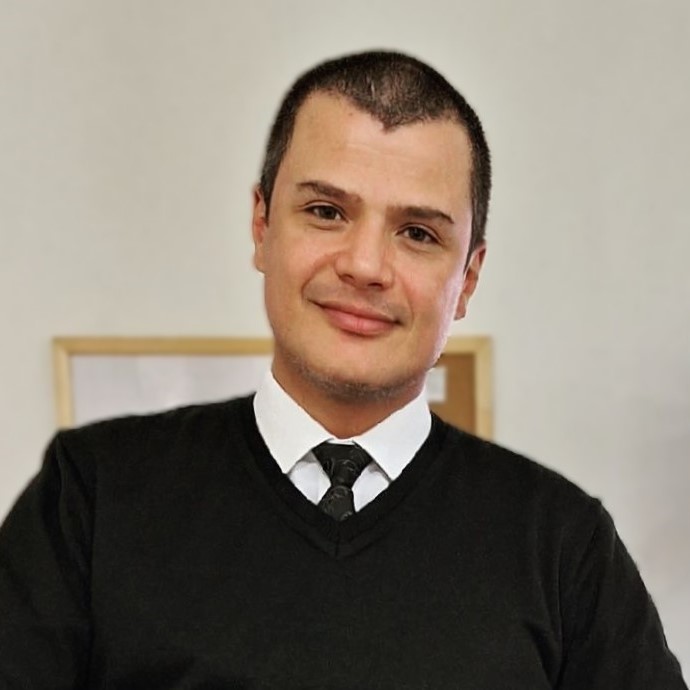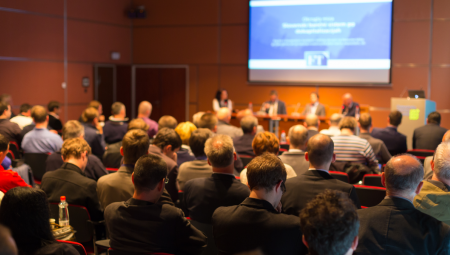Chile. Convened by the United Nations Environment Program (UNEP) and the Ozone Unit of the Ministry of the Environment of Chile, representatives of 15 countries of the region met in the Chilean capital.
This annual meeting is part of the Ozone Action Networks, established in 1993 to strengthen the capacities of those charged with implementing the Montreal Protocol and its Kigali Amendment. During these days, the delegations discussed the decisions that guide the implementation of the Montreal Protocol, with a special focus on strengthening institutions and the fight against illicit trade in controlled substances. In addition, progress in the consumption of these substances was addressed, sharing experiences and strategies in the implementation of management plans.
 "Chile, through the work of the Ozone Unit, has made great strides in complying with the Montreal Protocol and in the implementation of environmentally friendly technologies, such as the use of transcritical CO2 in refrigeration systems, the conversion of the polyurethane foam sector, and the recycling and regeneration of refrigerants. where we currently have 4 centers in operation," said the Undersecretary of the Environment, Maximiliano Proaño.
"Chile, through the work of the Ozone Unit, has made great strides in complying with the Montreal Protocol and in the implementation of environmentally friendly technologies, such as the use of transcritical CO2 in refrigeration systems, the conversion of the polyurethane foam sector, and the recycling and regeneration of refrigerants. where we currently have 4 centers in operation," said the Undersecretary of the Environment, Maximiliano Proaño.
"We are learning a lot from the challenges presented to us by the Kigali Amendment. For this reason, during the meeting we seek to consolidate the initiatives that the countries have developed and learn about their experience and learning," said Marco Pinzón, coordinator of the Ozone Action Program for Latin America and the Caribbean.
A special cross-cutting theme that was addressed was the importance of integrating the gender perspective in all projects and activities related to the Montreal Protocol, an issue that is important because it deals with an industry that is mostly male. On this occasion, the successful experiences of Chile, Mexico, Costa Rica and Paraguay were shared.
The meeting included a visit to the Regener Chile pilot center to learn about its operation and its contribution to the circular economy through the recovery of refrigerant gases and the recycling of discarded refrigeration and air conditioning equipment.
Energy Efficiency
Similarly, the Twinning Workshop of Ozone Officers and Energy Efficiency Officers has just been held in the Chilean capital, an initiative that seeks to promote the use of technologies with low or no global warming potential and greater energy efficiency. During the workshop, work was done on how to support the coordination of national and regional policies and programmes that incorporate energy efficiency in the refrigeration and air conditioning sector.
The Latin American Energy Organization (OLADE) was present at the event, which addressed the integration of projects and regulations that generate synergies between the actions of the Ozone Units and those of Energy Efficiency.















